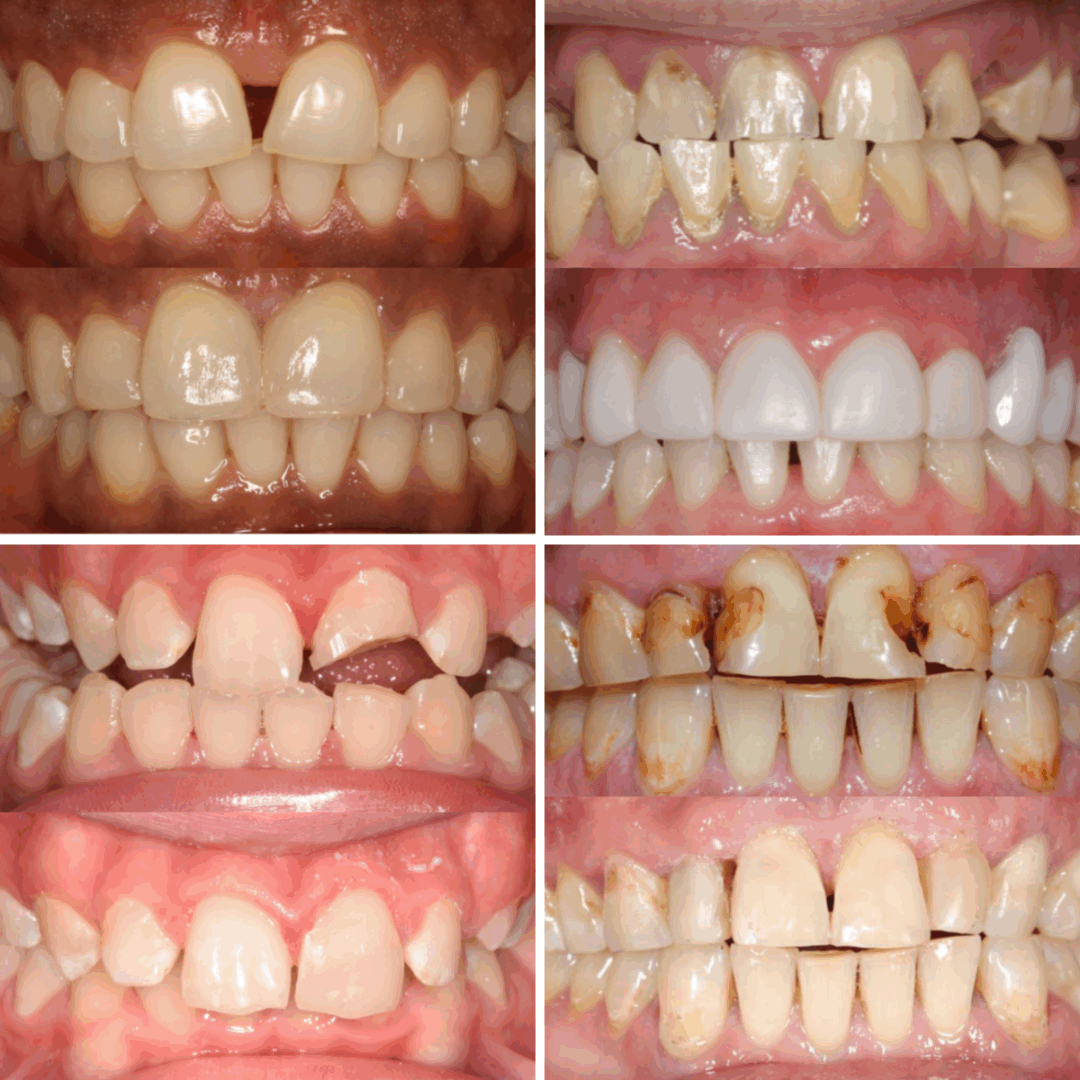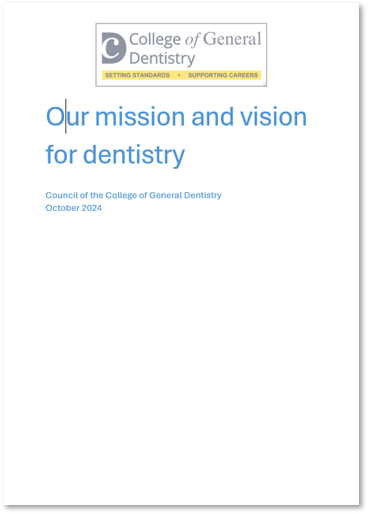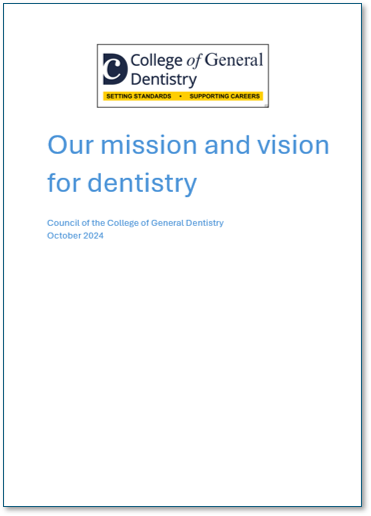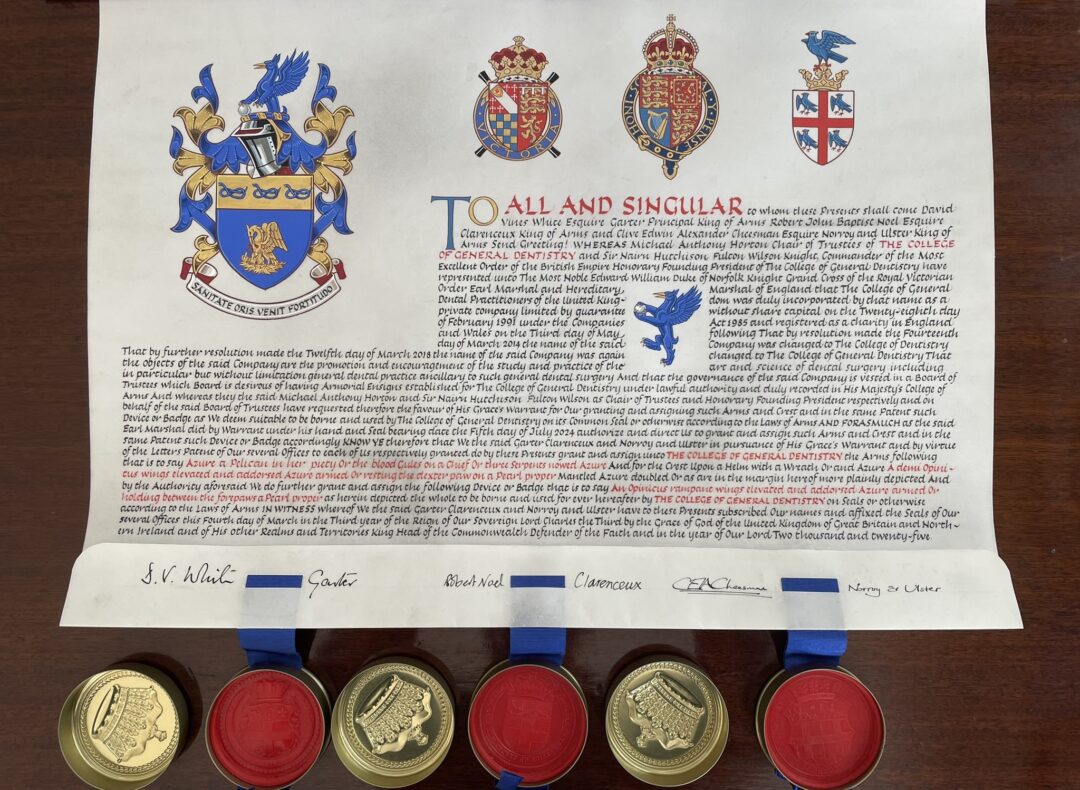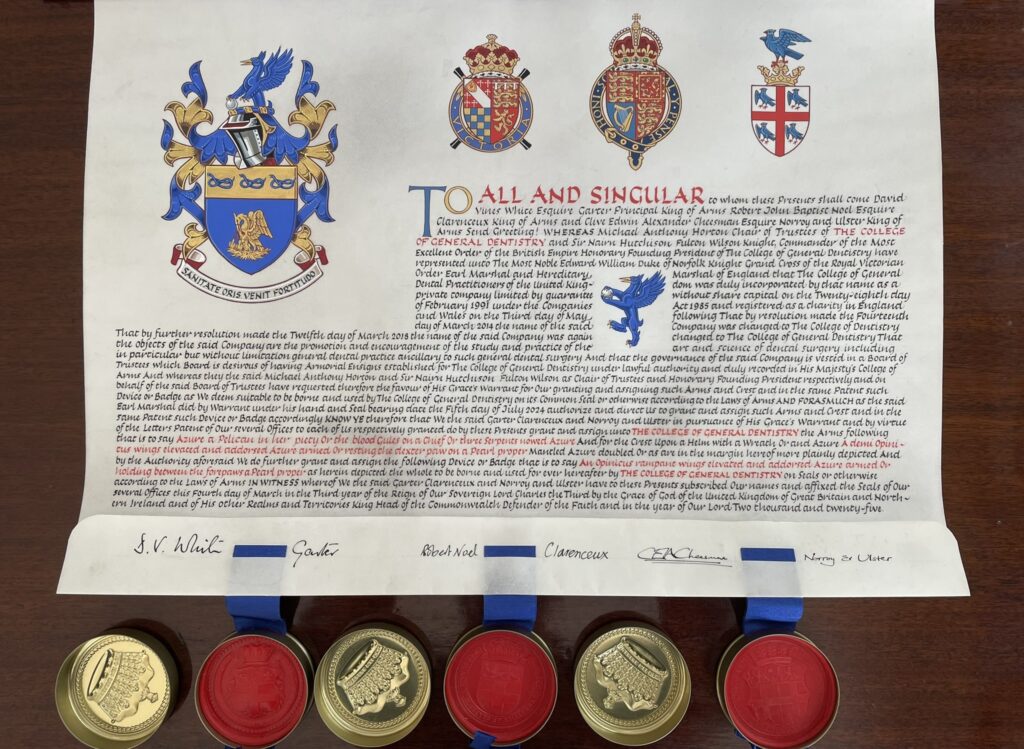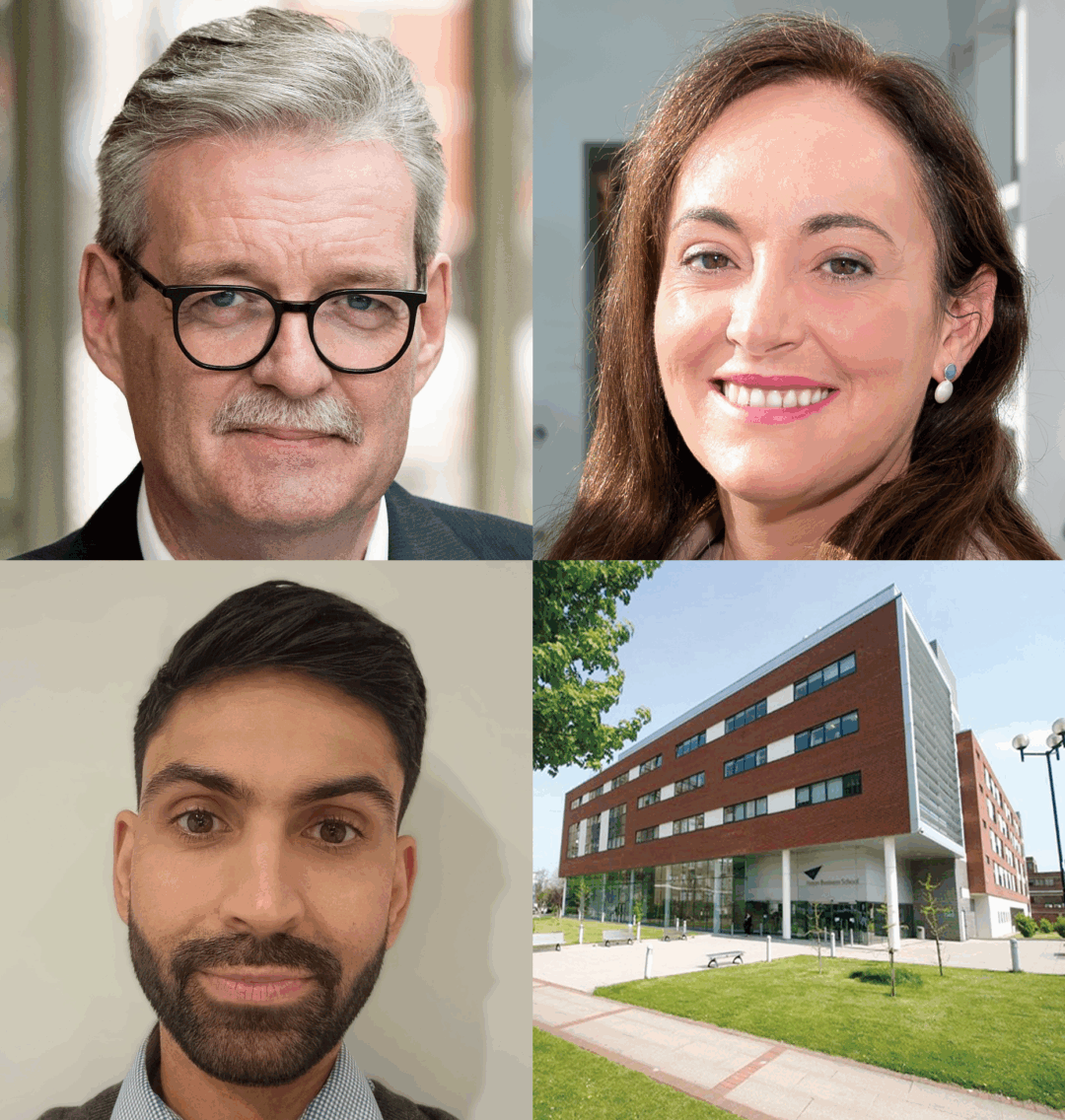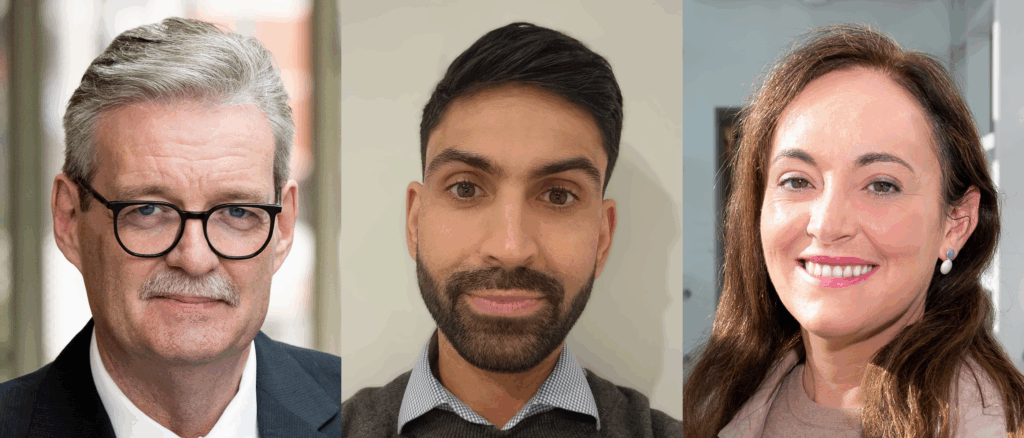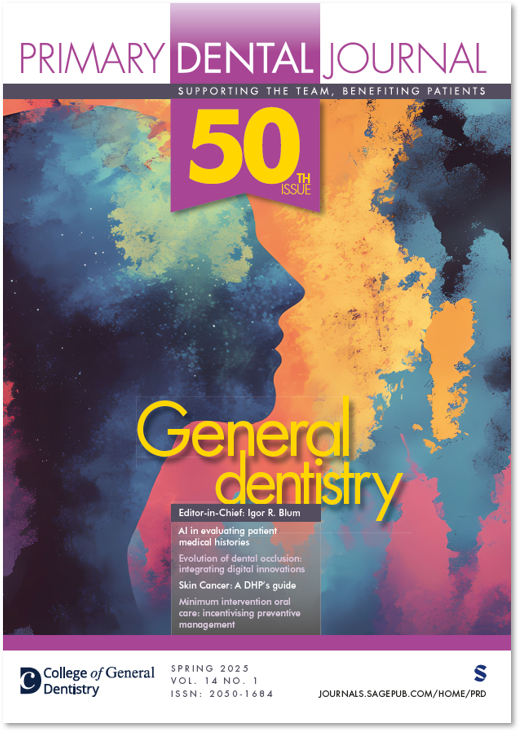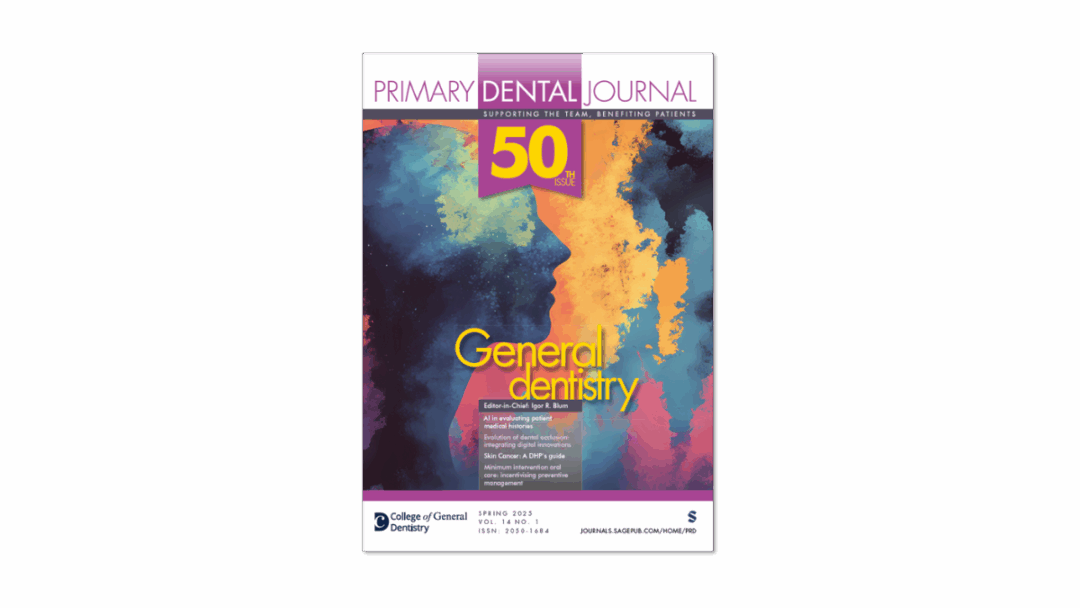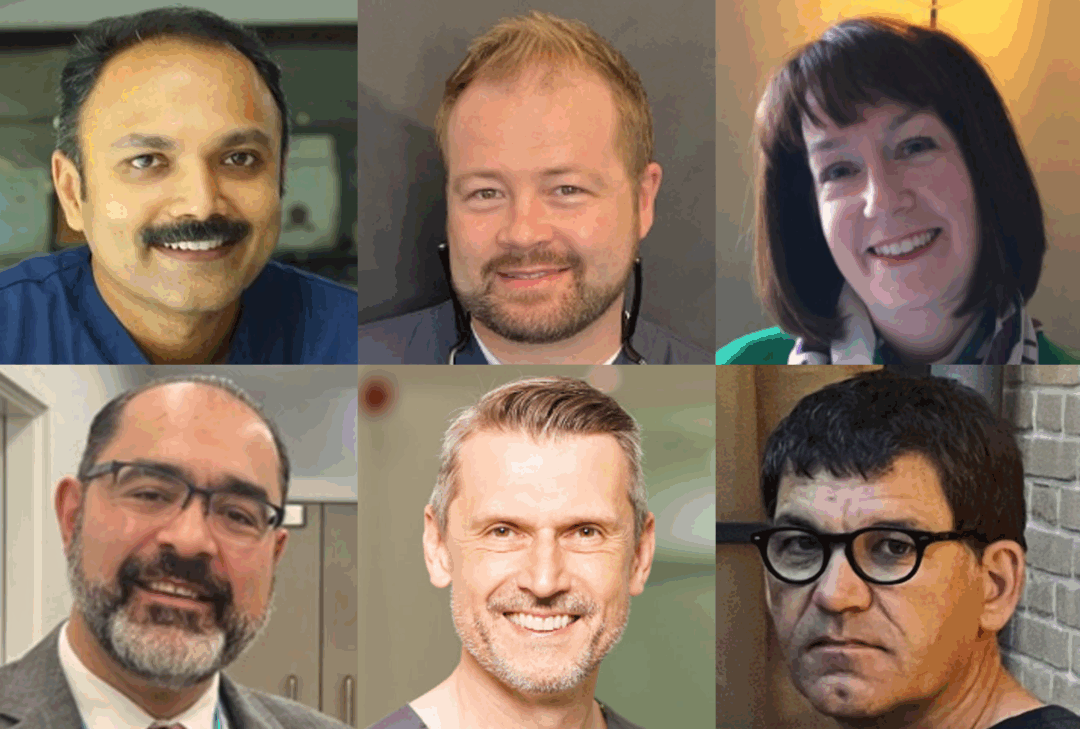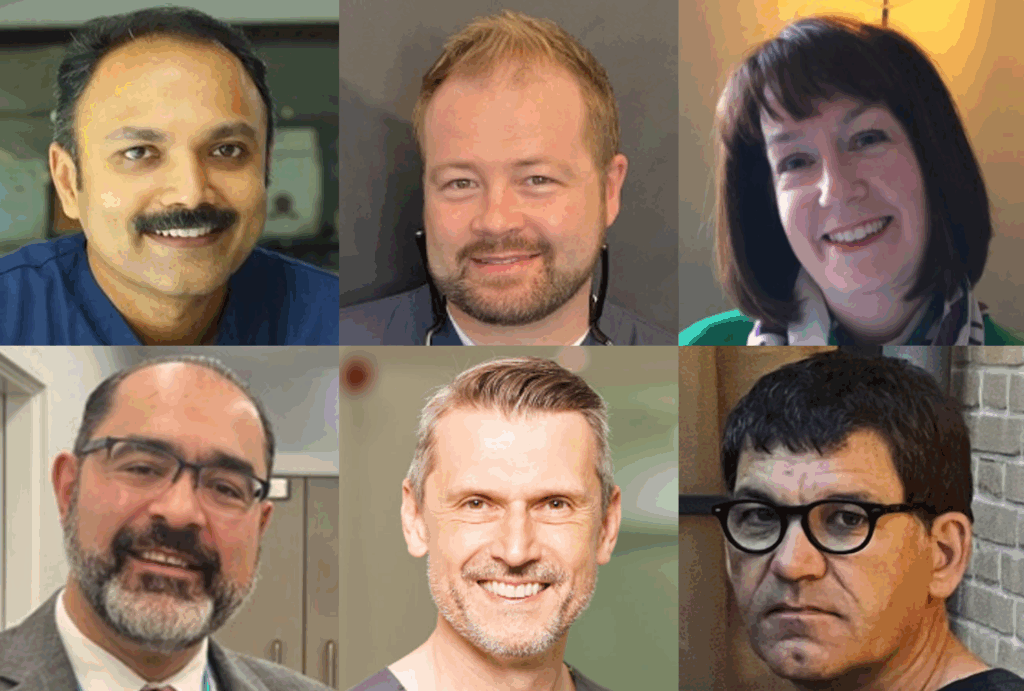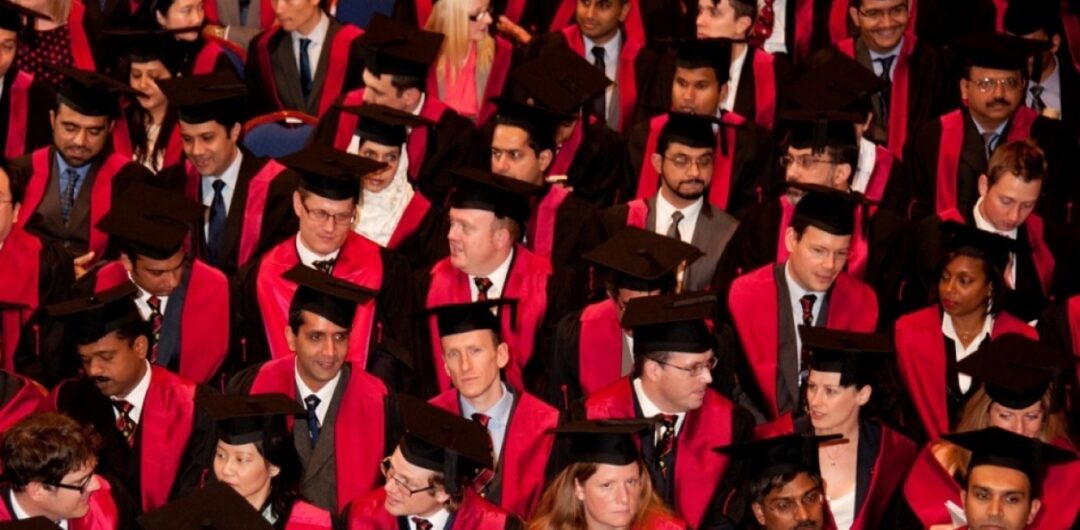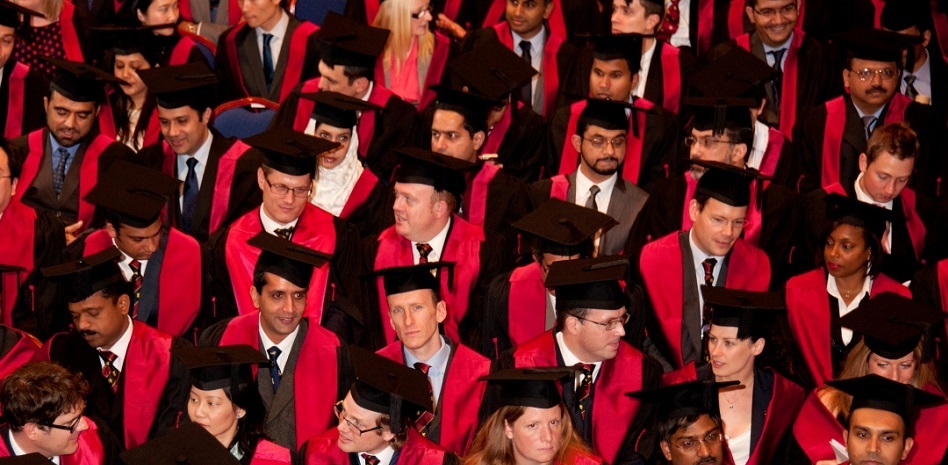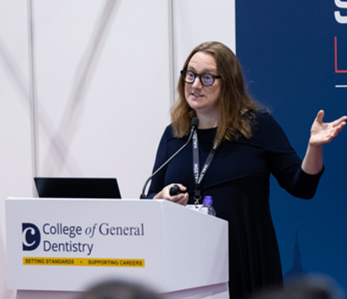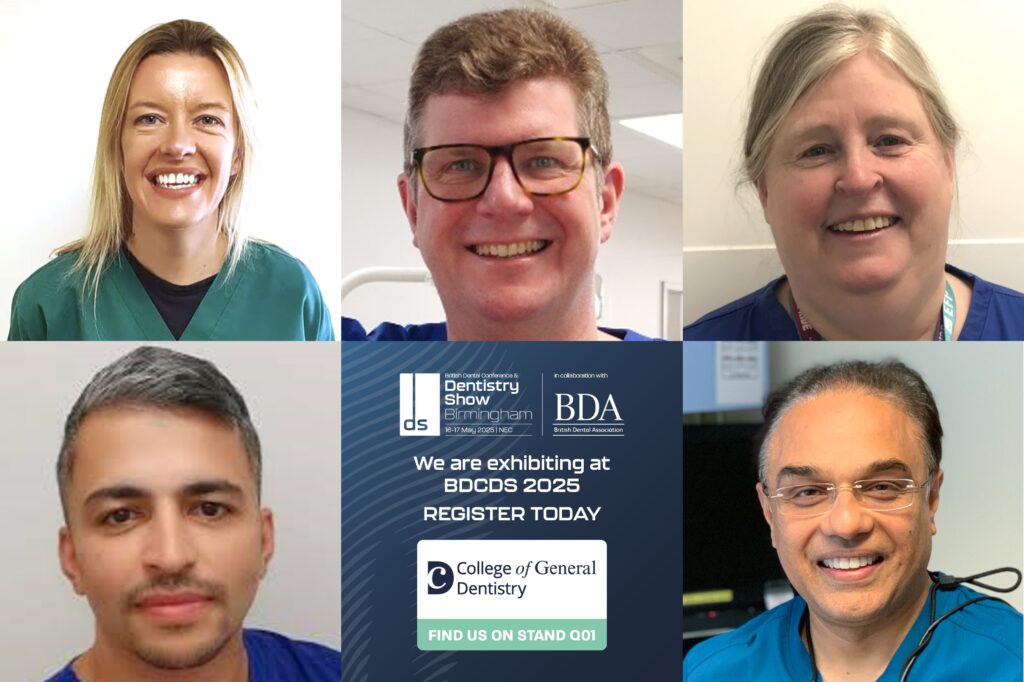
The College of General Dentistry, GC and The Tom Bereznicki Charitable Educational Foundation would like to congratulate the successful candidates in this year’s CGDent and GC Award for Foundation Trainees.
The winning entrants comprise seventeen dentists and one dental therapist who between them studied at ten different dental schools, and who are now completing their Dental Foundation Training or Dental Vocational Training through seven different deaneries across the UK.
| Candidate name | Undergraduate qualification | Educational Supervisor(s) | Deanery |
|---|---|---|---|
| Dr Yaa Agyei-Akwa | BDS University of Dundee 2024 | Dr Kalomoira Dikaiou | Scotland |
| Dr Karan Ahir | BDS University of Liverpool 2024 | Dr Itziar Miragaya | Yorkshire and Humber |
| Dr Mahnoor Ahsan | BDS Queen Mary University of London 2024 | Dr Shazad Malik | London and Kent, Surrey and Sussex |
| Ruba Al-Nuaimy | BSc Dental Hygiene and Dental Therapy University of Leeds 2024 | Dr Mehboob Butt | North West |
| Dr Balneeta Bhamra | BChD University of Leeds 2024 | Dr Jordan Hobbah, Dr Tom Willan, Dr Matthew Phillips | Yorkshire and Humber |
| Dr Katie Forsdick | BDS University of Birmingham 2024 | Dr Nishi Dhuna | Thames Valley and Wessex |
| Dr Brianna Gormley | BDS Queen’s University of Belfast 2024 | Dr Mariam Azmi | North West |
| Dr Nahid Inayat | BDS King’s College London 2024 | Dr Harkamel Gill | Midlands |
| Dr Jerin Joseph | BDS University of Birmingham 2024 | Dr Parmohinder Sanehi | London and Kent, Surrey and Sussex |
| Dr Natasha Lee | BDS Queen’s University of Belfast 2024 | Dr Kabir Bhogal, Dr Kartik Datla | London and Kent, Surrey and Sussex |
| Dr Cara Marcuccilli | BDS University of Dundee 2024 | Dr Craig MacDougall | Scotland |
| Dr Nikhil Mediratta | BDS University of Birmingham 2024 | Dr Deepa Joseph | Midlands |
| Dr Sarah Mehanna | BDS University of Birmingham 2024 | Dr Giedrius Stasiulevicius | Midlands |
| Dr Sarah Mekhaimar | BDS Queen Mary University of London 2024 | Dr Vikas Bakshi, Dr Jaswinder Gill | London and Kent, Surrey and Sussex |
| Dr Farooq Mohammed | BDS University of Manchester 2024 | Dr Raminder Rupra | Midlands |
| Dr Sara Rahimi | BDS Newcastle University 2024 | Dr Carly Winsor | North West |
| Dr Shreya Sharma | BDS Cardiff University 2024 | – | Thames Valley and Wessex |
| Dr Emily Swift | BDS King’s College London 2024 | Dr Karan Ghataaura, Dr Alastair Hetherington | South West |
To enter the award, participants each submitted a restorative case which included at least one anterior tooth and composite restoration. Cases entered featured a range of restorative treatments including those for midline diastema, dental trauma, tooth wear, and peg shaped laterals. View all successful cases here.

A selection of successful cases which illustrate a range of different types of cases entered in the award. Cases submitted by (L-R) Natasha Lee, Sara Rahimi, and Nahid Inayat
The award, which was expanded to include dental therapists as well as dentists this year, was open to those who graduated in 2024 in the UK and Ireland or who were undergoing Dental Foundation Training, Dental Vocational Training or Joint Dental Foundation Core Training. Entries were received from practitioners from both eligible dental constituencies around the country.
The assessment panel, which comprised Trustees of The Tom Bereznicki Charitable Educational Foundation and senior members of the College, scored each case based on a set of assessment criteria which allocated points to overall improvement in the patient’s oral health (including periodontal health), the standard of aesthetic treatment, the complexity of the case and the quality of the entrant’s reflection.
The successful candidates are each awarded a funded place on a two-day composite layering course which is taking place on 10-11 July at GC’s European Education Campus in Leuven, Belgium. The prize includes international travel and hotel costs and is worth around £1,400 per place.
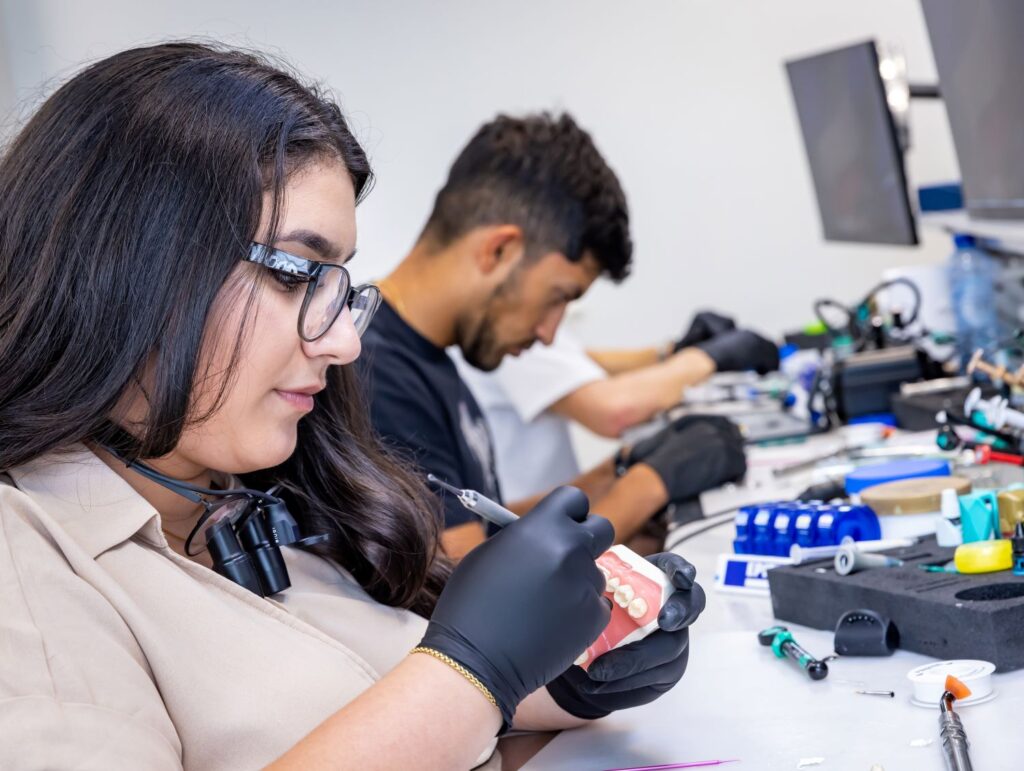
Describing the course, Golasa Sheikh Akbari (pictured above), one of last year’s winners, said “you learn a lot about what you’ve done to enter the prize and you can see what you might have been able to do better on your case.” She continued “I have learnt a lot about composite layering and the importance behind the physics of light and composite, how everything reflects, and looking at the opalescence and factors like that. I really enjoyed the hands-on aspect and actually being able to put all the theory into practice and see what results you can get.”
Commenting on the response to the 2024/25 award, Dr Tom Bereznicki FCGDent, Founder of The Tom Bereznicki Charitable Educational Foundation, said:
“We were delighted with the response to last year’s award but this year we had even more interest and the standard of submissions was very high, making the assessors’ work all the more difficult! As a new charity, we are thrilled that ever more early career practitioners are engaging with the educational opportunities we offer and are inspired to continue to develop and hone their clinical skills. Thank you to all those who entered the competition, and to all the Educational Supervisors and Deaneries who supported all the entrants, and congratulations to the successful candidates.”
Remarking on the winning entries, Professor Sir Nairn Wilson CBE FCGDent, President Emeritus of the College, said:
“I am delighted for all the winning candidates announced today and by the success of the 2024/25 CGDent and GC Award for Foundation Trainees, all made possible through the generosity of the Tom Bereznicki Charitable Educational Foundation, with the complementary support of GC. I anticipate the hands-on course provided at the world-renowned GC Education Campus will have a lasting, and possibly career-determining, impact on the participants, including the first Dental Therapist winner of the competition. The winners of this year’s competition can be justifiably proud of being on their way to Leuven.”
John Maloney, GC’s Director and Country Manager for the UK, Ireland and South Africa, said:
“We have once again been impressed by the high level of clinical skills and patient care demonstrated by candidates in this award, and congratulate all those who submitted a successful case. The Education Team at our campus in Leuven are looking forward to meeting the 18 successful practitioners and teaching them the very latest restorative techniques using composite, so they can offer the best treatment to their patients.”
To register your interest in next year’s award and receive notifications as soon as the competition opens in September, visit our award page.

